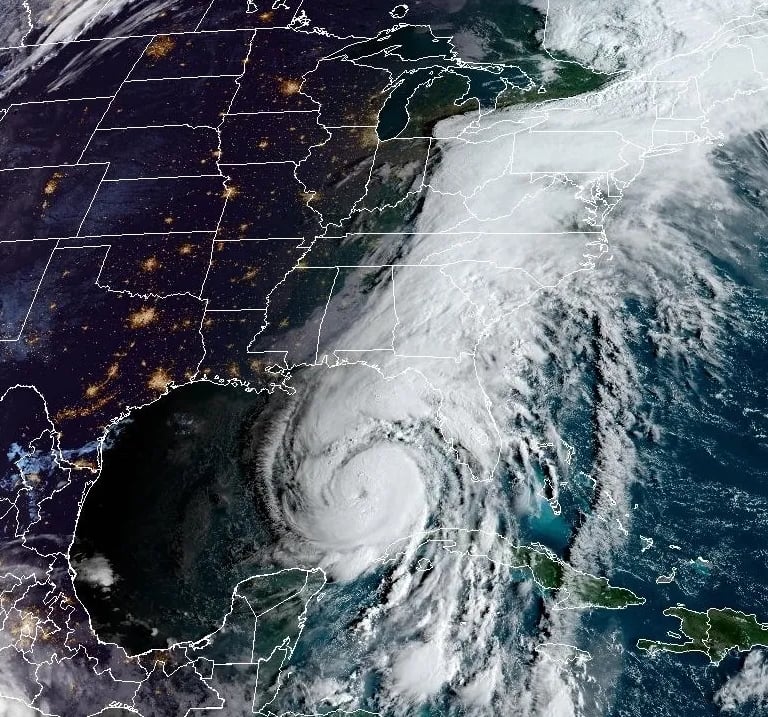Hurricane Helene
Exploring how global warming intensifies hurricanes like Helene and impacts our environment and communities.
Hurricane Helene's Impact
Hurricane Helene made a devastating impact when it struck Florida as a Category 4 storm. Communities faced destruction as flooding inundated neighborhoods, and emergency services struggled to respond effectively. Helene’s rapid intensification from a Category 1 to a Category 4 storm in less than 24 hours caught many residents off guard, emphasizing the growing unpredictability of such weather events.
Global Warming's Role
The increasing severity of hurricanes like Helene can be directly linked to climate change. As global temperatures rise, ocean waters become warmer, providing more energy for storms to strengthen. The Intergovernmental Panel on Climate Change warns that the number of hurricanes reaching Categories 4 and 5 is expected to increase as the planet continues to heat. Warmer air holds more moisture, leading to heavier rainfall during storms and exacerbating flooding, even in regions unaccustomed to such extreme weather. The rapid intensification of hurricanes, fueled by elevated sea surface temperatures, poses a significant threat to coastal and inland communities alike.
Community Action
To mitigate the impact of climate change and the associated risks from hurricanes, communities can take proactive steps. Public awareness campaigns can educate residents about evacuation plans and the importance of preparation in the face of severe weather. Additionally, communities can advocate for policies aimed at reducing greenhouse gas emissions, such as supporting renewable energy initiatives and promoting energy efficiency. Collective action at the local, state, and national levels is crucial in addressing climate change and protecting vulnerable populations from the escalating risks posed by increasingly intense hurricanes.


Published By - Anya Pal (Irvington High School)
September 29th 2024
